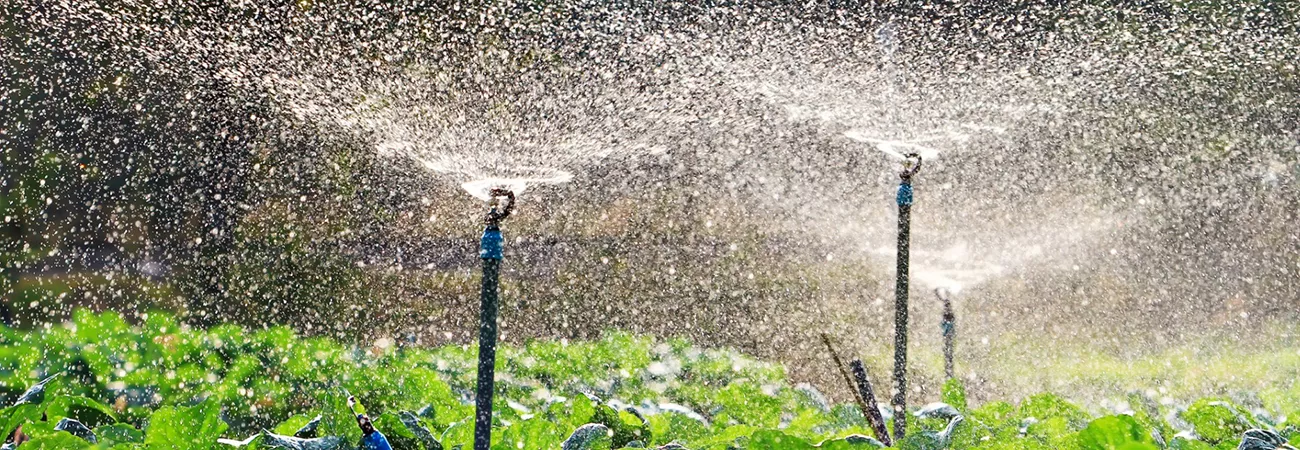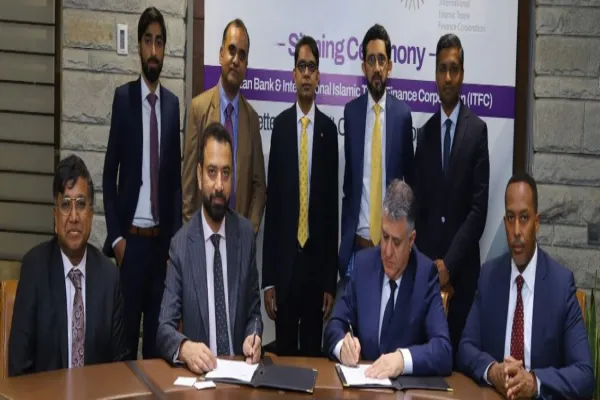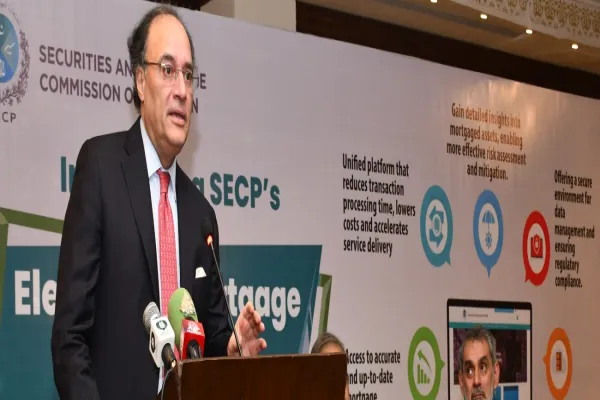i NEWS BUSINESS
Pakistani government will promote drip and sprinkle irrigation methods on a large-scale to cope with rising water shortages and stop the massive extraction of sub-soil water, WealthPK reported on Tuesday.
Climate change has had a devastating effect on the monsoon rain pattern in the country, decreasing river water flows and causing the agricultural sector to rely more on underground water for irrigation. There has been gradual and steady drop in underground water table due to excessive pumping through tube wells.
Dr Tehmina Mangan, Chairperson of Agriculture Economics at Sindh Agriculture University, Tandojam, told WealthPK that the availability of water for agriculture and humans was decreasing by the day, so there was a need to adopt the latest irrigation methods such as drip irrigation to improve water use efficiency and get better yields.
“Another important irrigation practice is to apply water to the soil through sprinkling,” she added.
She said that drip irrigation should be promoted at large scale by extending financing facilities to the farmers to procure the innovative irrigation technology.
Tehmina Mangan said the government should extend interest-free loans to farmers to help them modernise their production techniques for enhanced yields. “Focus should also be on making full use of the rural farmland by enabling easy access of growers to the market.”
She believed that the younger group of the farming community could better be able to adapt to the modern technology in agriculture, so incentives should be provided to them in this regard.
She stressed that market and road infrastructure development in rural areas should be prioritised so that farmers could supply their produce at low costs.
Talking about the grim water situation in the country, Dr Akbar Khan Khajjak, a research officer at the Water Management and High-Efficiency Irrigation System, Quetta, told WealthPK that depleting water sources threatened the output of the agriculture sector. “Efficient use of water resources in the agriculture sector is essential for attaining food security.”
Akbar Khajjak said Pakistan, India and Bangladesh were the largest underground water users in South Asia, with an annual extraction of 320 billion cubic meters (m3). He said Pakistan extracted 60 billion m3, India 230 billion m3, and Bangladesh 30 billion m3. “These three nations irrigate 48 million hectares of land through groundwater, accounting for 42% of world underground water use for croplands.”
He said that inefficient water use could have serious consequences for future generations. “Declining surface water supplies has increased the use of underground water resources to irrigate the farmland, leading to drop in below surface water levels.”
The research officer said wheat was one of the major crops of Pakistan, with the largest area under cultivation, but the yield was declining each year mainly due to depleting irrigation water.









